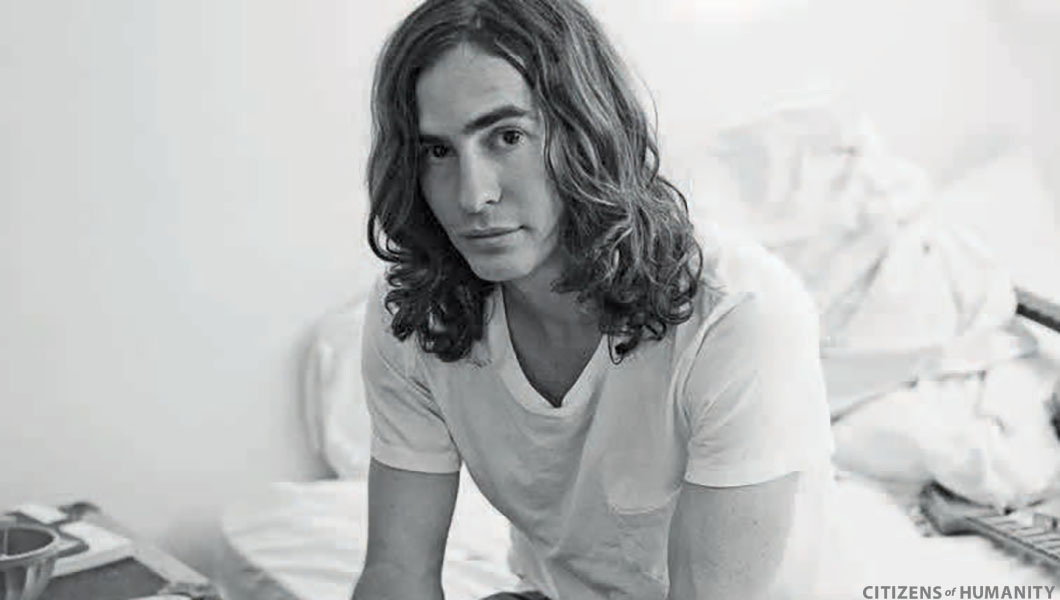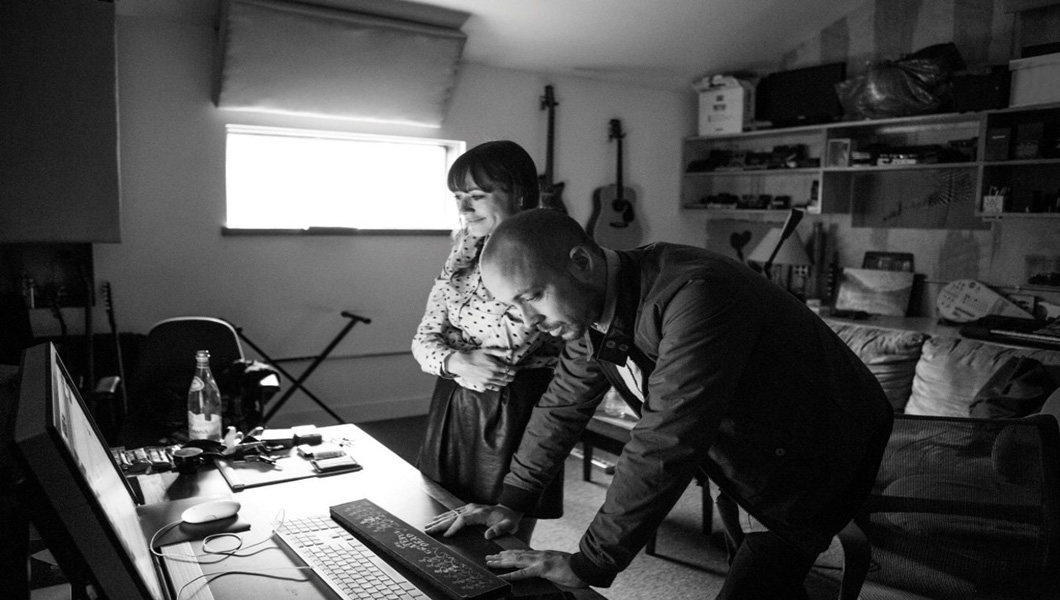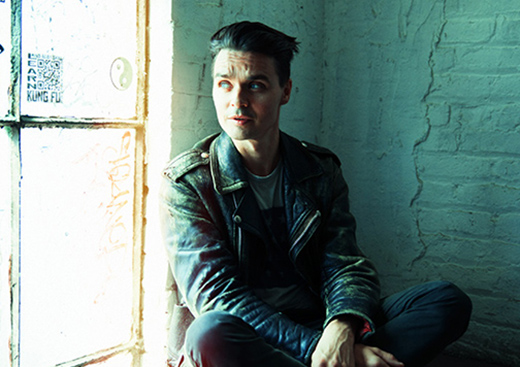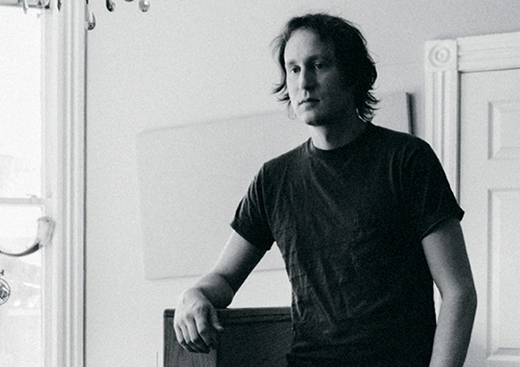If you’re looking for a live-wire frontman, or a musician who’ll do Townsend windmills while waggling his tongue at the audience, Benji Lysaght is not your guy. In fact, the Los Angeles-based guitarist—who’s made a name for himself as a gun-for-hire session and touring musician—eschews the spotlight pretty strenuously. “I have a lot of ambivalence and anxiety when it comes to performance,” he says, “I love rock and roll, and those extroverted musicians with the bravado and the swagger, they’re so inspiring. But that’s never been a part of my personality, or my emotional constitution. I’ve always gravitated towards performers with a very quiet, understated stage presence, even when there was a great intensity about what they were doing.”
Luckily, bravado’s not a requirement for success, and the 33 year-old’s tremendous musical talent has kept him very busy over the past decade and a half. Lysaght demurs when asked about his career history (“Prepare to be totally bored,” he laughs), then proceeds to list his credits, a process that takes quite a while. Straight out of college, in the early 2000s, he toured with beloved indie-pop group Ambulance Ltd., and after leaving the band, started work as a session player and occasional touring guitarist. Lysaght has since lent his skills to both the first and second solo records from the Killers’ Brandon Flowers, backed Beck at the Hollywood Bowl for a tribute to Serge Gainsbourg, toured with Father John Misty (and played on tracks for his upcoming album), did a stint backing Lauryn Hill in the mid-2000s, recently taped a VH1 performance with pop goddess Sia, worked on tracks for Crystal Skulls’ upcoming album, and played with British songwriter Michael Kiwanuka. And the list goes on. But the self-effacing Lysaght is quick to note that some of these gigs were brief, a matter of one or two days in the studio. “I’m just so self-conscious about seeming like a braggy schmuck,” he says.
Lysaght was born and raised in L.A., the son of a death penalty appellate lawyer and a civil litigator. He started taking guitar lessons at age 10, though certainly not at his parents’ behest. “I think my parents were a little, not quite apprehensive, but neither of them are musicians. They were incredibly encouraging, though.” Lysaght worked for a summer at a local guitar shop, and by 15, he was hooked on the instrument. “I’m trying to edit myself so I don’t say these things that sound like absolute platitudes, like, ‘I fell in love with it,’ but…” he laughs. He played jazz guitar in high school and moved to New York to study jazz performance at the Manhattan School of Music before transferring to Columbia. There, he focused on music and art history. But moving from jazz into the rock genre wasn’t a natural fit for him. “A guy who I knew from playing jazz gigs said, ‘Hey, I’m in this rock band Ambulance Ltd.—would you be interested in playing?’ It was a whole musical style that I was pretty unfamiliar with, because I’d done nothing but essentially listen to jazz records for the previous six or seven years.” While his ensuing musical education was a pleasure, he soon realized that life as a permanent member of a touring band wasn’t his destiny. “Those sort of interpersonal dynamics [within bands] are so difficult to negotiate,” he says, “especially for someone like myself who tends to be pretty socially awkward. I really prefer the independence of being a hired gun.”
Asked about his the artists he’d love to collaborate with, living or dead, Lysaght responds excitedly like the music geek he is. “I would’ve loved to have played with Lou Reed. Tom Waits is one of the dream gigs. Then you go to canonical figures like Miles Davis or Johnny Cash. I’d have to throw in Captain Beefheart, and Thelonius Monk would’ve been otherworldly.” He interrupts himself to add, “Oh! Ornette Coleman. And Kurt Vile. I’m gonna reread The Secret and then go put these people on my dream board,” he jokes. It’s a list as eclectic as Lysaght’s own niche, which he describes as “rock and roll, soul, country, folk, some R&B, and pop as well.” But becoming a musical chameleon can have its downsides. “I guess the pitfall is losing a sense of self and identity,” he says, “because you sort of assimilate to the aesthetic ideology of whatever music you’re playing at the time. It’s a thing that I struggle with, just keeping a sense of identity and self. I’m still working on that.” It’s clear he’ll have plenty of time to figure it out.
—





